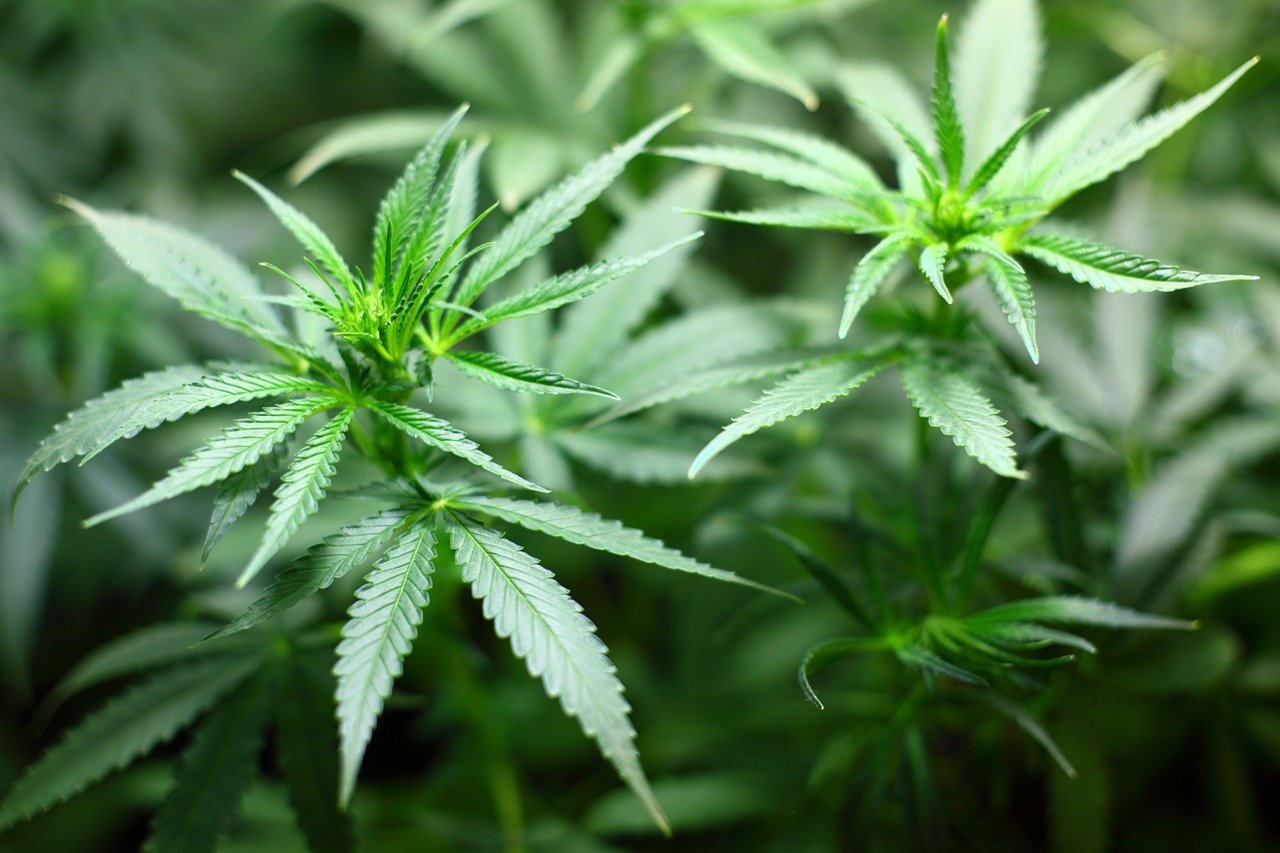This year, so far, Oregon has grown enough weed for every person to have one dried and smokable pound.
The owner of the Jefferson Packing House, an Oregon packing and trimming business, tells us that tons of usable marijuana were unpicked because there are too few buyers. Actually, there is sufficient demand. It just does not exist in Oregon. However, because marijuana remains a Schedule 1 substance that is federally illegal, Oregon’s weed cannot cross state borders. It has to remain in Oregon.
And yet repeatedly, in the U.S. and beyond, we can see the value of larger markets.
Mortgage Markets
When Fannie Mae was created as a federal agency during 1938, its mission was to move money. At the time, because of the 1927 McFadden Act, interstate banking was prohibited. As a result, there could be (and was) insufficient money for mortgages in California and too much unused mortgage money on the East Coast. By buying mortgages from banks and brokers, Fannie Mae was able to move money to areas that needed it. Meanwhile, by selling the mortgages she purchased, she could attract funding from the areas that had it to lend.
The European Union
Similarly, the European Union created an economic synergy. Starting with the European Coal and Steel Community in 1951, the first step was free trade. Then, adding nations and eliminating trade barriers, by 2002, they had their monetary union. As a result, an order received in Paris on Monday will probably arrive in Rotterdam on Thursday.
African Markets
African nations also hope to create hassle-free trade. Slowly progressing with AfCFTA (African Continental Free Trade Area), they too have begun to minimize the impact of multiple languages, fees, and forms. For example, truckers drive approximately 300 miles between Lagos, Nigeria and Accra, Ghana, two English speaking nations. However, two French-speaking countries separate them. So, navigating among different languages, filling out multiple forms, paying Togo’s and Benin’s transit fees, and then another seven percent duty for Lagos or Accra, a trucker faced an array of trade barriers in 2021.
Our Bottom Line: Bigger Markets
When goods and people are freely exchanged within a vast expanse rather than a limited territory, the advantages multiply. On the supply side, you get economies of scale and access to a larger labor force. Consumers meanwhile enjoy more variety and quantity. As Professor Timothy Taylor explains in America and the New Global Economy from the Teaching Company, you could enjoy the benefits of the four freedoms: 1) People, 2) Goods and services, 3) Labor, 4) Capital. I would like to add that you further benefit from a financial, information, and transportation infrastructure.
It is amazing that our founding fathers created our “common market” when they replaced the Articles of Confederation with the Constitution. Meanwhile, the 1986 Single Market Act accelerated the European process and Africa has AfCFTA.
And now, we need it for marijuana markets.
My sources and more: A Planet Money podcast started us thinking about bigger markets. Otherwise, previously published posts provided today’s content.






